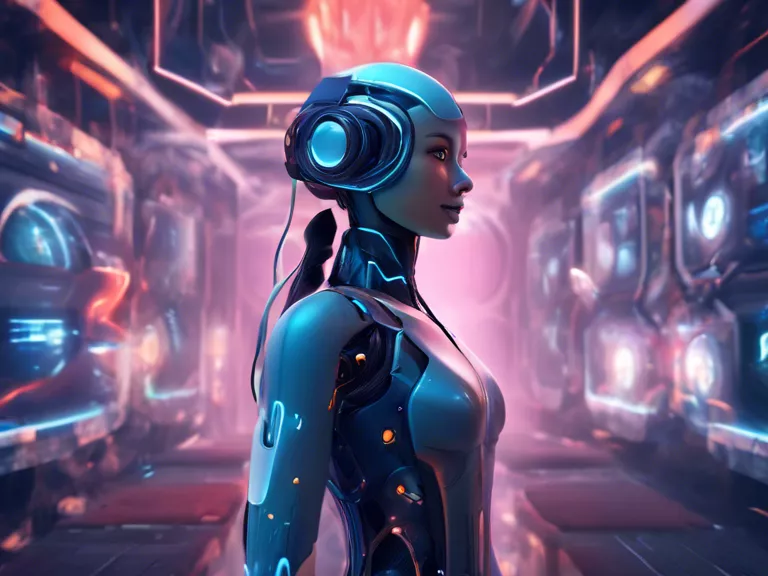
Artificial Intelligence (AI) is revolutionizing the gaming industry by creating more immersive and responsive game worlds. From realistic NPC behaviors to dynamic environments, the influence of AI in games is undeniable. Let's explore how AI technology is shaping the future of gaming.
One of the key ways AI is enhancing game worlds is through the implementation of intelligent non-player characters (NPCs). AI algorithms allow NPCs to exhibit more complex and human-like behaviors, making interactions with them feel more realistic and engaging. Gone are the days of predictable NPC movements and scripted responses. Thanks to AI, NPCs can adapt to player actions, learn from previous encounters, and even develop their own personalities.
In addition to more lifelike NPCs, AI is also being used to create dynamic and responsive environments in games. AI-driven systems can simulate realistic weather patterns, day-night cycles, and ecosystem behaviors. This not only adds a layer of immersion to the game world but also creates new gameplay opportunities. Players may have to adapt their strategies based on changing environmental conditions or unexpected events triggered by AI algorithms.
Furthermore, AI is improving the overall gameplay experience by personalizing challenges and content for individual players. By analyzing player behavior and preferences, AI can dynamically adjust difficulty levels, tailor in-game rewards, and recommend content that aligns with the player's interests. This level of personalization ensures that players are constantly engaged and invested in the game world.
As AI continues to evolve, we can expect even more innovative and immersive gaming experiences. The possibilities are endless, from AI-powered procedural generation of game worlds to interactive storytelling driven by intelligent algorithms. Whether you're a casual gamer or a hardcore enthusiast, the impact of AI in gaming is undeniable.



